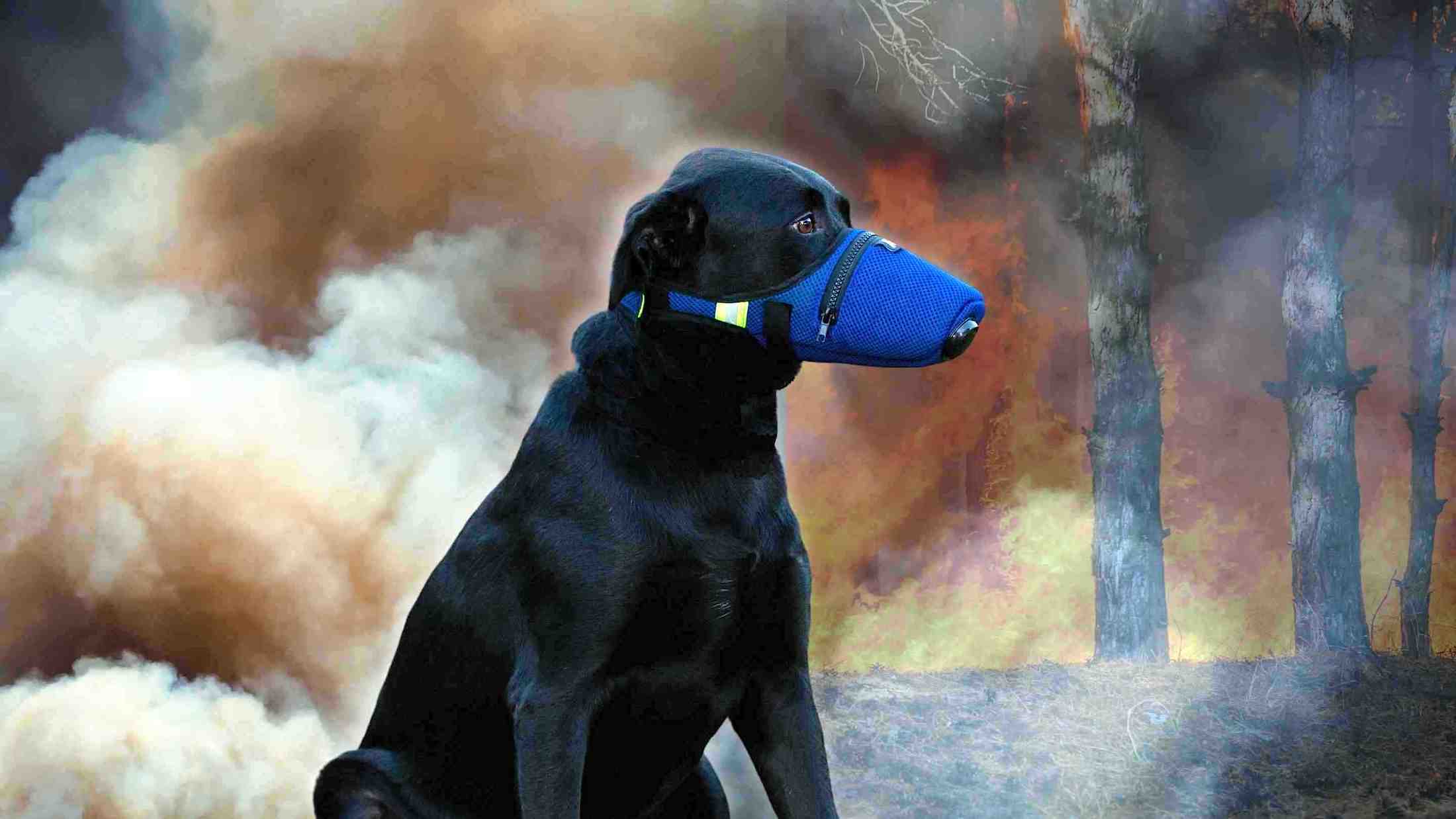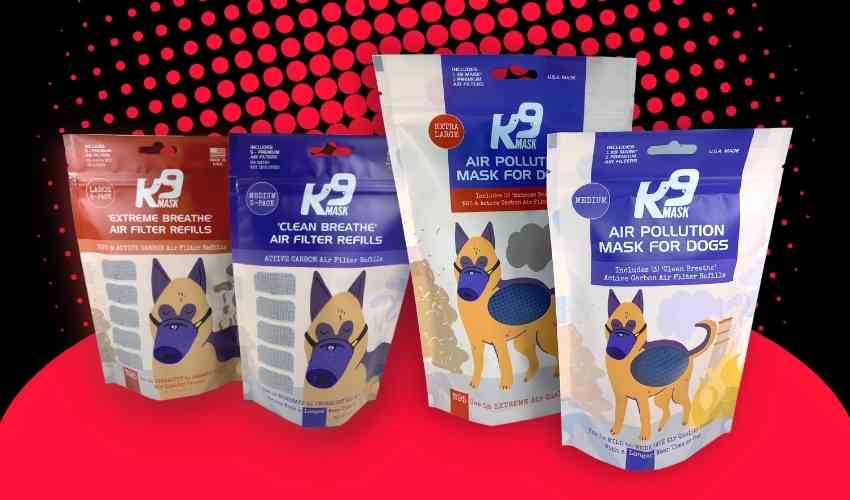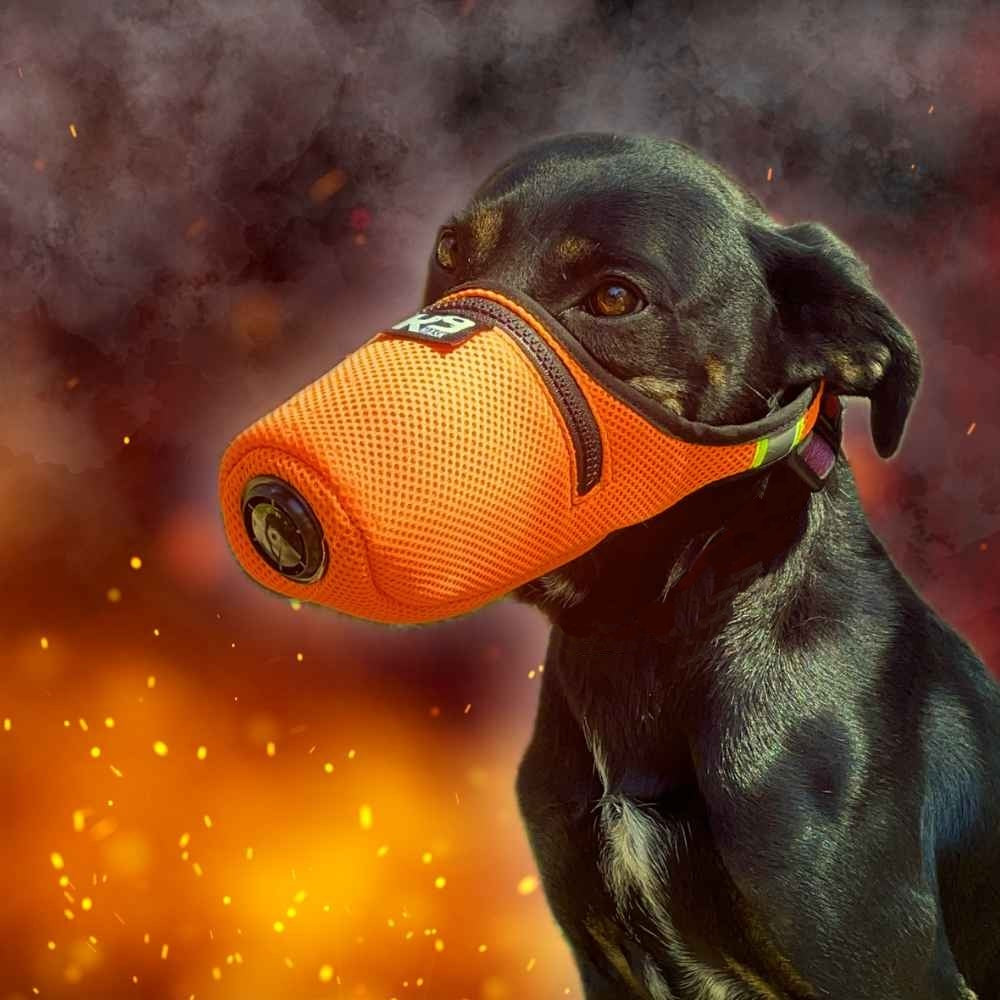Dogs are our faithful companions, and as pet owners, it's our responsibility to keep them safe and healthy. Unfortunately, there are many pathogens that can affect the health of our furry friends, including Parvo. Parvo is a highly contagious virus that attacks the digestive system of dogs, leading to severe illness and even death. In this article, we will explore the dangers of Parvo and other pathogens affecting the health of a dog, and provide solutions for protecting the dog from getting sick.
What is Parvo?
Parvo, short for Canine Parvovirus, is a highly contagious virus that attacks the digestive system of dogs. The virus is highly resistant and can survive for months in the environment. It is spread through contact with infected dogs, their feces, or contaminated surfaces such as toys, bedding, and food bowls. Puppies are at the highest risk of contracting the virus, but it can affect dogs of all ages.
Symptoms of Parvo include vomiting, diarrhea, fever, lethargy, loss of appetite, and dehydration. If left untreated, Parvo can lead to severe illness and even death. Treatment involves hospitalization, fluid therapy, antibiotics, and supportive care.

Other Pathogens that Can Affect the Health of a Dog
Parvo is just one of the many pathogens that can affect the health of a dog. Other pathogens include:
-
Distemper: a viral disease that attacks the respiratory, nervous, and digestive systems of dogs.
-
Kennel cough: a respiratory infection that causes coughing, sneezing, and fever.
-
Lyme disease: a tick-borne illness that can cause joint pain, fever, and lethargy.
-
Heartworm: a parasitic worm that lives in the heart and lungs of dogs, leading to heart failure and death.
Protecting Your Dog from Pathogens
Prevention is key when it comes to protecting your dog from pathogens. Here are some tips to keep your furry friend healthy and safe:
-
Vaccination: Vaccines are the best way to protect your dog from diseases like Parvo, distemper, and kennel cough. Make sure your dog is up-to-date on all vaccinations, and follow your veterinarian's recommendations for booster shots.
-
Hygiene: Regular cleaning and disinfecting of your dog's toys, bedding, and food bowls can help prevent the spread of pathogens. Always wash your hands after handling your dog's feces or urine.
-
Tick prevention: Use tick prevention products to protect your dog from Lyme disease and other tick-borne illnesses. Check your dog regularly for ticks, especially after spending time outdoors.
-
Heartworm prevention: Use heartworm prevention medication as directed by your veterinarian to protect your dog from this dangerous parasite.
-
Avoid contact with sick dogs: Keep your dog away from other dogs that are showing signs of illness, and avoid public areas where dogs congregate.
- The use of an air filter mask, like K9 Mask®, is beneficial while being worn for short periods of time in two ways. First, the N95 Extreme Breathe air filter for dogs will prevent inhaling any pathogen particles as aerosol in any environment. Second, the mask will prevent the dog from ingesting pathogens by eating or licking a surface contaminated with any diseases, viruses, or bacteria.
Conclusion for Better Dog Health
Parvo and other pathogens can pose a significant threat to the health of your dog. As a responsible pet owner, it's your duty to take steps to protect your furry friend from these illnesses. Vaccination, hygiene, tick prevention, heartworm prevention, and avoiding contact with sick dogs are all essential in keeping your dog healthy and safe. By following these tips, you can help ensure that your dog lives a long and healthy life.














